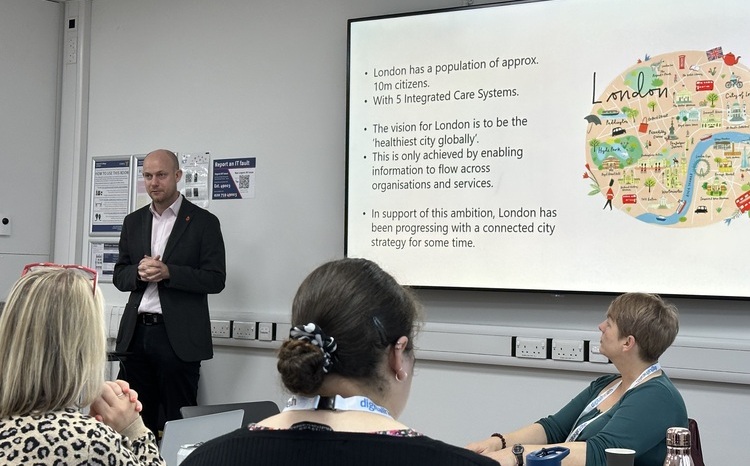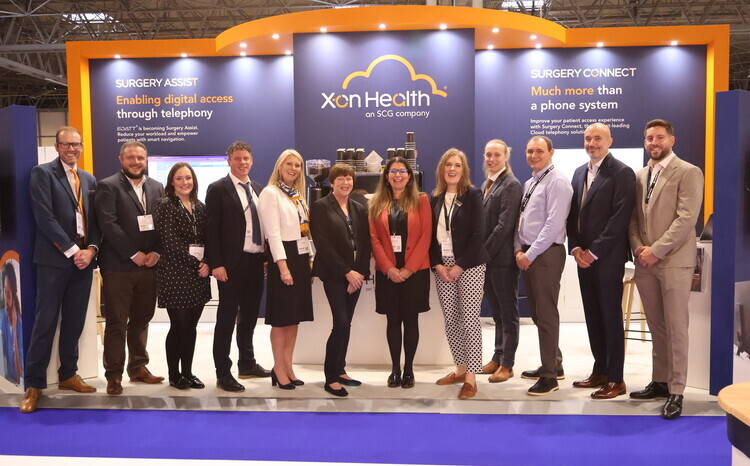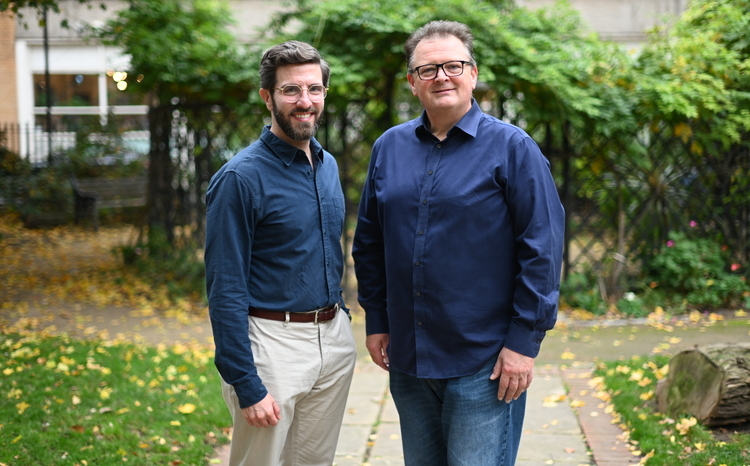Germany’s team
- 21 June 2006
 Philipp Grätzel
Philipp Grätzel
The German health IT industry is increasingly shifting its focus away from its faltering national smartcard programme towards regional electronic health record solutions. At the ITeG (IT in Health) fair in Frankfurt last month, this became more than obvious – there were practically no smartcard companies among nearly 300 exhibitors.
The growing rumours about another major government intervention to speed up the smartcard programme within the next few weeks or so were mostly ignored. Instead, companies like Siemens, iSoft, and T-Systems presented regional health record solutions or announced new alliances in order to broaden their stance in the market.
ITeG is organised by the Verband der Hersteller von IT-Lösungen für das Gesundheitswesen (VHitG – The Association of Health Service IT Solutions Manufacturers), an association of companies offering IT solutions for the healthcare system. It is one of two big industry events in Germany when it comes to health IT; the other one being Medica in Dusseldorf in November.
Industry collaboration
One of the major speeches was the presentation of a new industry standard for electronic medical reports. It was developed and financed by 15 major health IT companies within the VHitG, among them Siemens, iSoft, TietoEnator, Medos, fliegel data, Docexpert, and InterComponentWare.
“Technically, the standard is based on HL7 version 3 and the clinical document architecture release 2”, said Jens Naumann, vice-president of the VHitG and head of Docexpert IT systems. The standard has been, after some grumbling, endorsed by the political associations of doctors. “It is expected to especially facilitate communication between resident doctors and hospitals within regional healthcare networks”, said Naumann.
Visitors in Frankfurt could witness diagnosis, medication, and details of the present medical history of the patient migrating from system to system without major transcription errors, making it possible for the doctor to integrate the information automatically into his/her own clinical documentation if desired.
The announcement of a collaboration between Siemens and Docexpert could have a major impact on the shape of the future health IT landscape in Germany. Siemens is offering hospital IT and network solutions like Soarian and Soarian Integrated Care. Docexpert is the second-largest provider of IT-solutions for general practitioners and other resident doctors.
The collaboration involves the integration of the Siemens router “HiPath SIcurity Konnektor” into the Docexpert system in order to connect general practitioners safely to the internet by a virtual private network (VPN). The whole thing takes place within the framework of the German smartcard programme, making it probable that in the future at least 15,000 GPs will use Siemens technology to connect to the federal health network.
The alliance is also about integrating the Docexpert software solutions with Soarian Integrated Care (SIC), a regional patient record and communication solution. “There are ten SIC projects running right now in Germany,” said Dr Kai-Uwe Schmidt from Siemens. The interest among hospital and regional networks was far larger than expected, he said.
Cisco and iSoft
Still looking for partners in Germany and abroad is iSoft. The company used the ITeG fair to present the new Managing Director of iSoft Germany, Peter Herrmann. While he has no experience in healthcare, he has spent time running IT projects in other industries in Germany and abroad.. “A further internationalisation is the declared goal of the iSoft-group,” said Herrmann. “We are aiming to broaden our service portfolio within the next months by new partnerships,” he announced. He did not say if he was talking about acquisitions or collaborations.
Cisco Systems unveiled a new specialist healthcare hardware product – the ‘Healthcare Router’, which allows VPNs in medical institutions to connect to the internet. The Healthcare Router is actually a joint-venture with the innovative company InterComponentWare (ICW) from the southern German town of Walldorf – also the hometown of SAP. ICW developed a suite of software specific to healthcare, which is installed on the Cisco Router.
“Unlike other solutions we use the robust operating system IOS, with advantages in terms of security and remote-access,” said Felix Gerdes from Cisco.
With the ‘Healthcare Router’, Cisco wants to have a say not only when it comes to the more centrally located parts of the German national health IT infrastructure such as distribution layers and application servers, but also on the level of individual doctors or medical institutions.
Taking time on RFID
Apart from network-technology and electronic patient records, RFID was another focus of this year’s ITeG. The Innsbruck-based company ITH presented a semi-active RFID-solution for operating theatres in hospitals. Patients are equipped with a wrist band, which automatically generates a warning if he or she approaches the operating table without having an appointment. Technicians and medical instruments are also equipped with RFID tags. As the technician has a “friendly tag” no one else is allowed to remove instruments from the surgical suite.
“RFID in healthcare is only efficient when it solves a practical problem,” said Dr. Oliver Koch from the Fraunhofer Institute for Software and Systems Engineering (ISST). The ISST used the ITeG to present the first results of a study on success and failure of RFID-projects in Germany. The title of the study, which will be available in print by July, is “Einsatzbereiche und Potenziale der RFID-Technologie im deutschen Gesundheitswesen” (Areas of application and potential of RFID technology in the German health service).
“Success becomes more likely when the users are involved early and when there is a process analysis in the run-up to the project”, Koch stressed.
Small pilot projects before the actual implementation are also considered to be extremely helpful: “An immediate implementation is hara-kiri,” Koch said.




